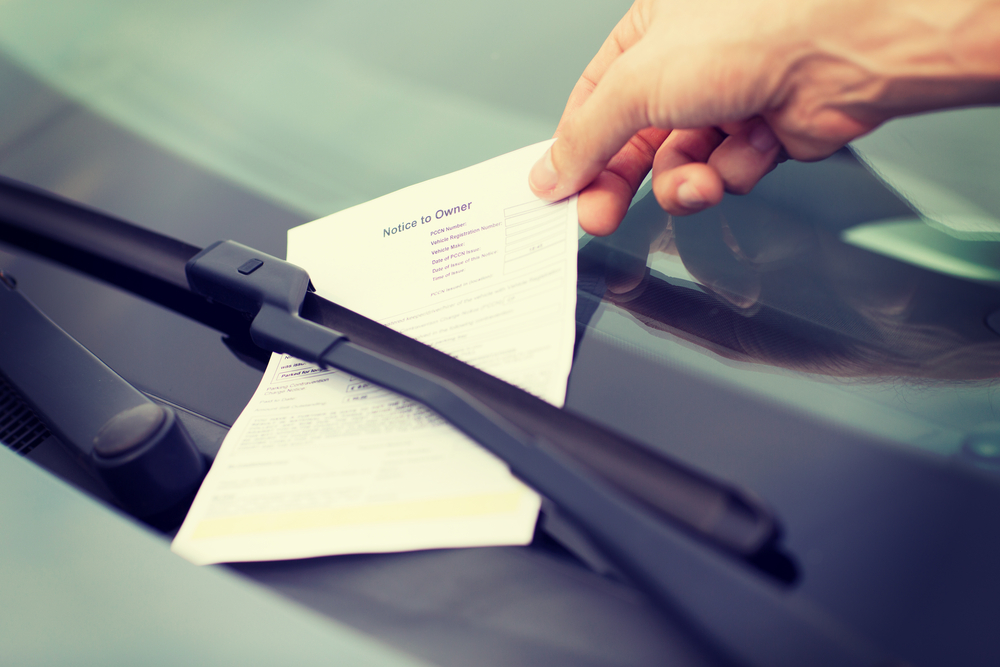Household Bills
Cap on private car park charge could be halved to £50

The Government is considering a number of measures to better regulate the private parking industry, including halving the charge limit and banning debt recovery fees altogether.
Drivers currently risk a maximum £100 charge for any breach of rules within private car parks. But the Government is considering halving this charge to £50, as well as potentially banning debt recovery fees.
As part of the Department for Levelling Up, Housing and Communities’ call for evidence on the Private Parking Code of Practice, it said it wants to create a fairer system for both drivers and the industry.
The final code, once implemented, aims to ensure fewer drivers are penalised unfairly, and it will also tackle confusing and misleading signs, the lack of grace period, and introduce a fairer appeals process.
For now, it is looking for feedback on these five proposals to protect drivers using private car parks, and make the industry fairer and more transparent:
- Retain £100 charge limit with a 40% discount for paying within 14 days, with the debt recovery fees cap at £70.
- Charges set at two levels depending on seriousness of offence with £50/£70 for England and Wales (outside London), £80/£130 in London and £80/£100 for Scotland, with a 50% discount for paying within 14 days. Debt recovery fees would be reduced to 30% of charge levels.
- Same as the second option but debt recovery fees would be banned.
- Charges set at two levels depending on seriousness of offence at £70/£100, with the discount for paying within 14 days remaining at 40%. Debt recovery fees would be reduced to 30% of charge levels.
- Same as the fourth option but debt recovery fees would be banned.
Levelling Up Secretary, Michael Gove, said: “Millions of people across the country use private car parks and we want this to continue without them having the fear of being slapped with unfair and costly charges.
“Our new Private Parking Code of Practice will put this right, delivering a much fairer system for drivers and industry – and today’s call for evidence is an important part of shaping this policy. I encourage everyone to come forward and have their say.”
The call for evidence is open until 24 September 2023. A further consultation is then planned on the options for parking charges and debt recovery fees.
However, this isn’t the first incarnation of this crackdown on private parking charges. In February 2022, the Government announced it would bring in a £50 cap on charges and a new appeals system. Private parking operators which didn’t follow the rules were to be barred from collecting fines from motorists by blocking vehicle owner detail requests from the Driver and Vehicle Licensing Agency (DVLA).
However in June 2022, the Government temporarily withdrew the private parking code of practice “pending a review of the levels of private parking charges and additional fees” which drew backlash from drivers and motoring groups.
‘Creating a fairer system’
Minister for Levelling Up, Dehenna Davison added: “We all know how annoying parking can be – from driving around endlessly to being met with complicated signs and impossible terms and conditions.
“It’s needlessly confusing, and that’s why we’re pushing ahead with the Private Parking Code of Practice to create a fairer system.
“Once introduced, the Private Parking Code of Practice – required by the Parking (Code of Practice) Act 2019 – will allow drivers to more easily challenge an unfair parking charge through a new independent appeals service, and all private parking operators will also have to follow the Code.”